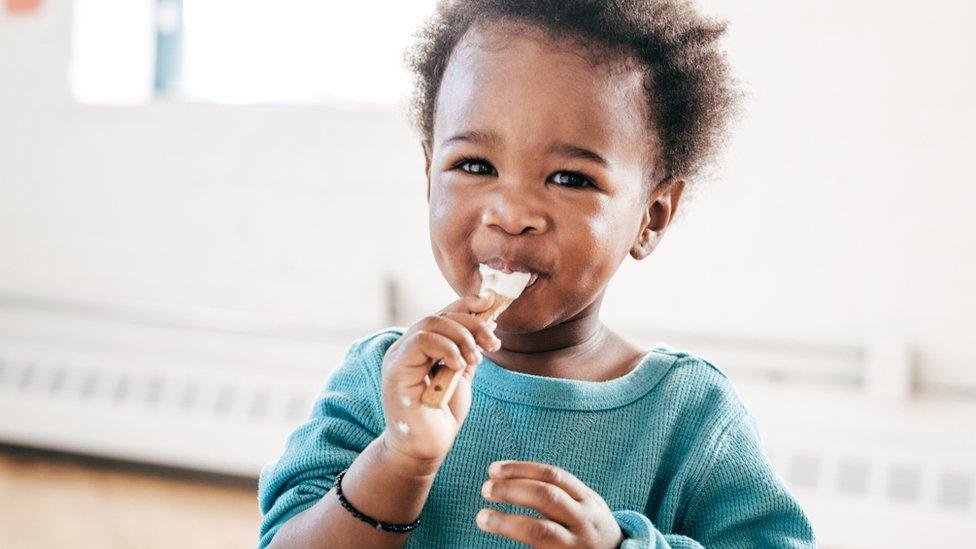Type 1 diabetes: Baby given insulin powder in trial
- Published
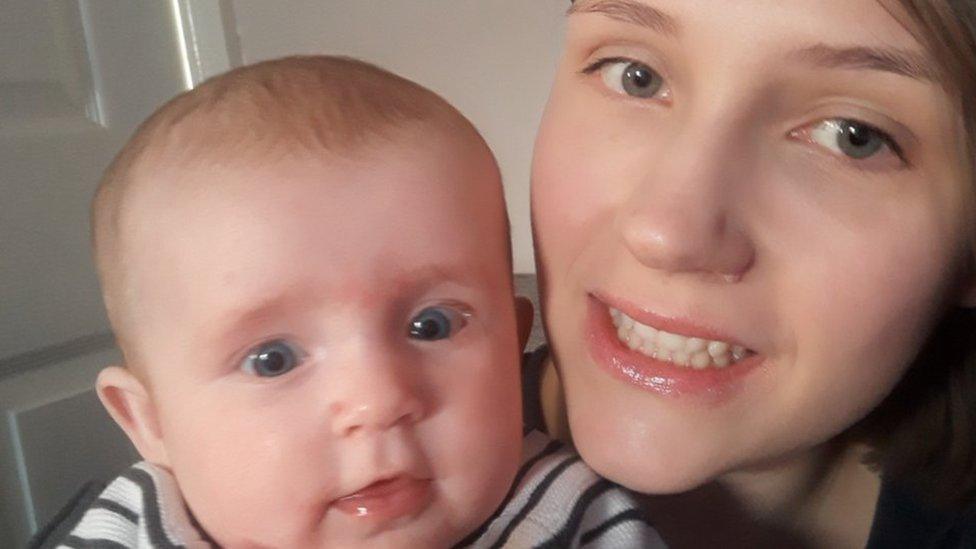
Chloe Phippard's five-month-old daughter Ava will take a daily dose of insulin powder
A mum has volunteered her baby to take part in a medical trial she hopes will protect the youngster from diabetes.
Chloe Phippard's five-month-old daughter Ava will take a daily dose of insulin powder to see if it can prevent children developing the condition.
The trial will explore if the immune system can be trained to tolerate the body's own insulin to prevent onset of type 1 diabetes.
Mrs Phippard said the trial "could give her a chance at living a normal life".
Type 1 diabetes means the body stops producing insulin, causing glucose levels in the blood to become too high.
It can be life-threatening and even with treatment can lead to blindness, cardiovascular disease and strokes.

Five-year-old Amelia, one-year-old Alice and five-month-old Ava Phippard
A linked study found Ava had a genetic risk of the condition, which her five-year-old sister Amelia was diagnosed with aged two.
"I cried when I found out about the risk because I knew what Amelia had gone through and I didn't want Ava to go through that as well," said Mrs Phippard, from Milton Keynes.
Amelia's diagnosis came as a shock to Mrs Phippard, 24, and her husband Carl, 28, as they had no family history of diabetes.
She now has insulin administered through a wearable device and a tube placed under her skin.
"She's never going to live a life without diabetes and it's all she's ever known," said Mrs Phippard.
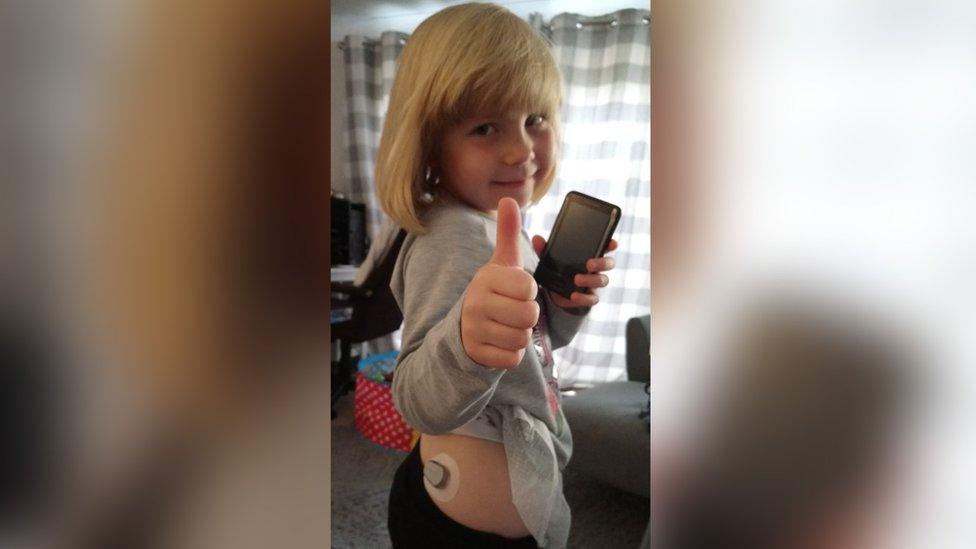
Five-year-old Amelia Phippard wears a device to measure her blood sugar levels and deliver insulin
The Primary Oral Insulin Trial hopes to sign up 100 babies at increased risk in Berkshire, Buckinghamshire, Milton Keynes and Oxfordshire to take part in the trial.
Participants will be given an insulin powder or placebo until the age of three, and will be monitored for six years.
About 1% of children have genes which put them at high risk, meaning they have a greater than 10% chance of developing type 1 diabetes.
In the UK, the study is being led by the University of Oxford, with support from the National Institute for Health Research.

Diabetes
There are two main types of diabetes:
Type 1 - where the pancreas does not produce any insulin
Type 2 - where the pancreas does not produce enough insulin or the body's cells do not react to insulin
Type 1 diabetes can develop at any age, but usually appears before the age of 40, particularly in childhood.
About 10% of all diabetes is type 1, but it is the most common type of childhood diabetes, so it is sometimes called juvenile diabetes or early onset diabetes.
Type 2 diabetes tends to develop later in life and is linked to lifestyle and being overweight.
Source: NHS Choices
- Published14 May 2019
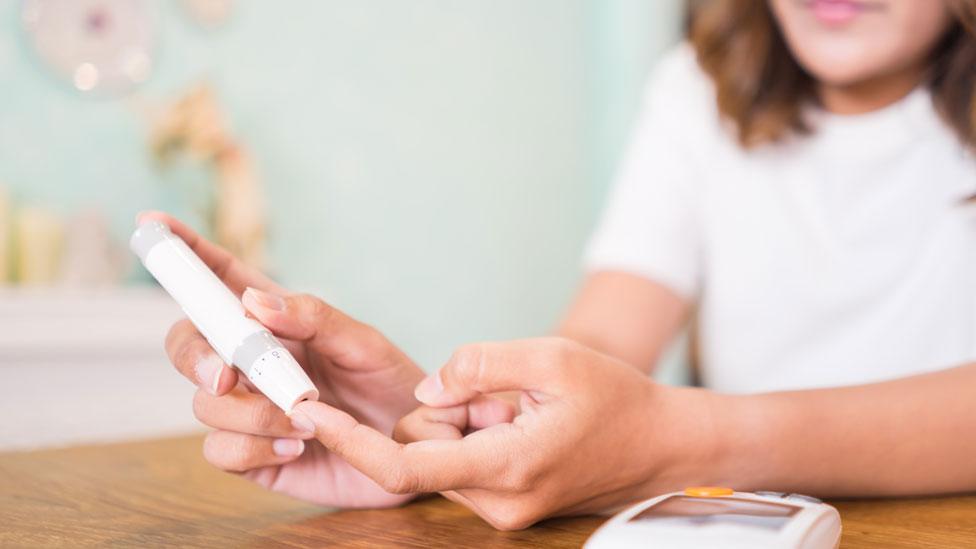
- Published11 May 2019
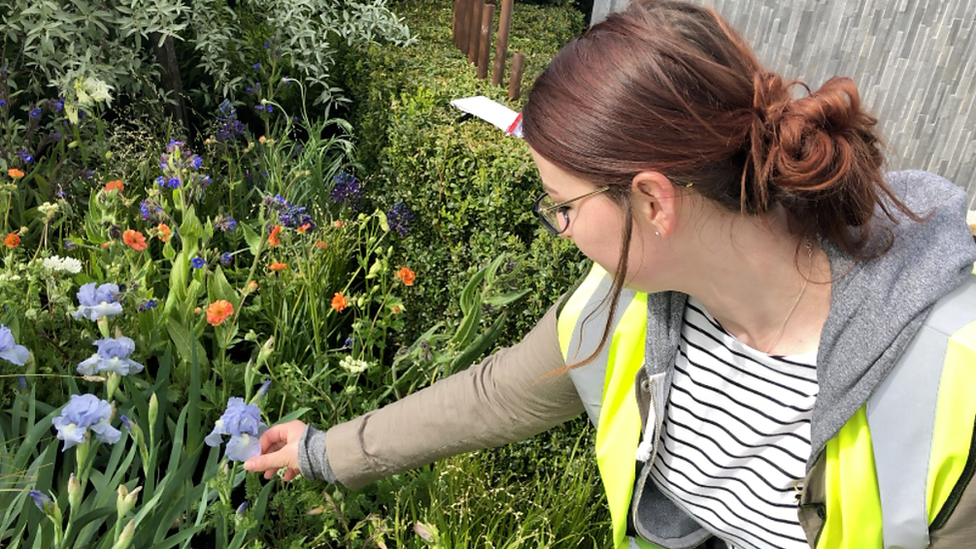
- Published12 April 2019
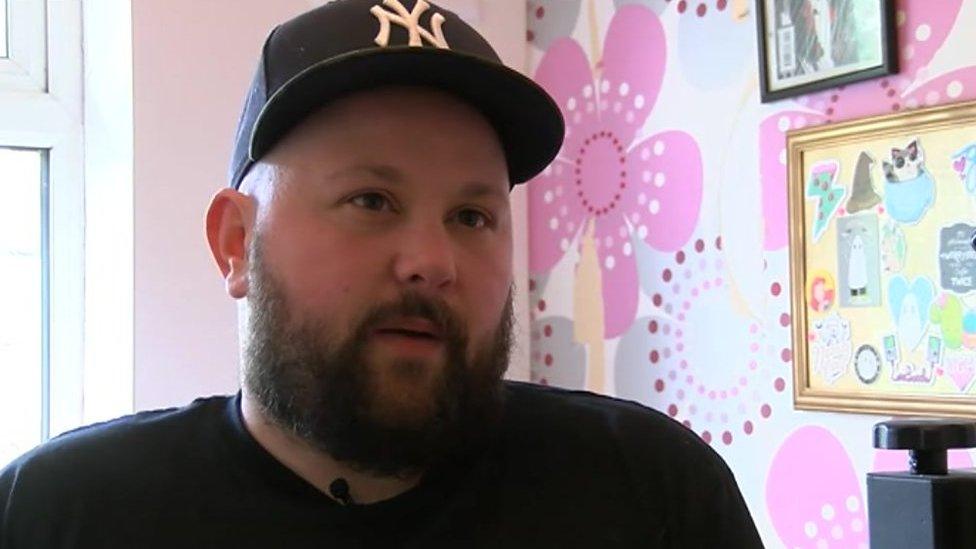
- Published14 November 2018

- Published8 November 2018
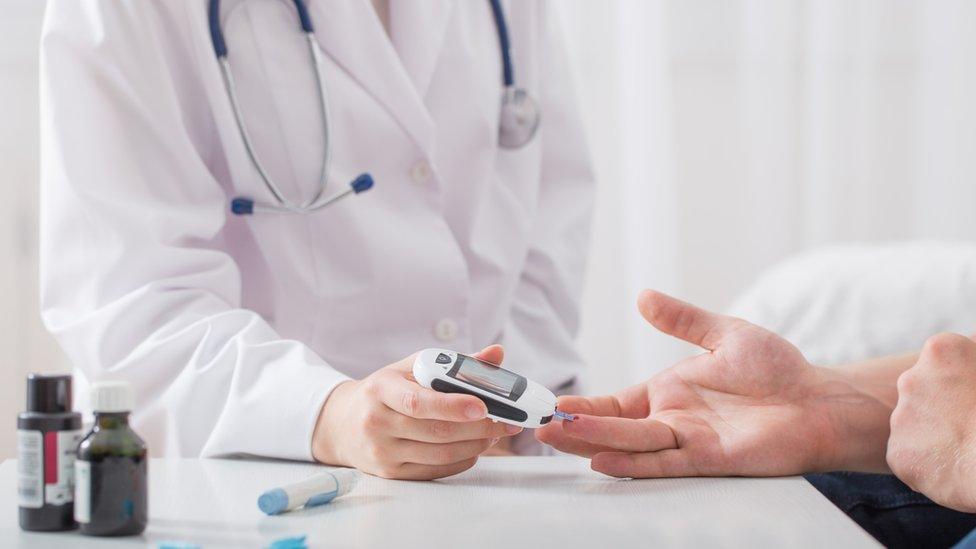
- Published11 July 2018
